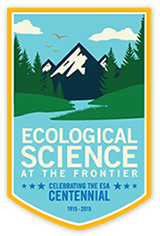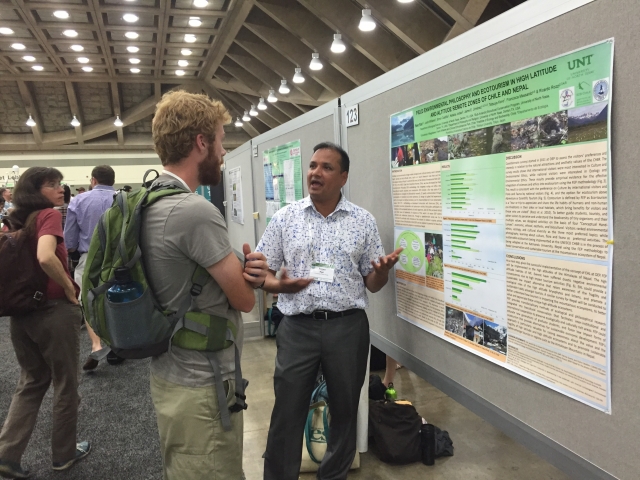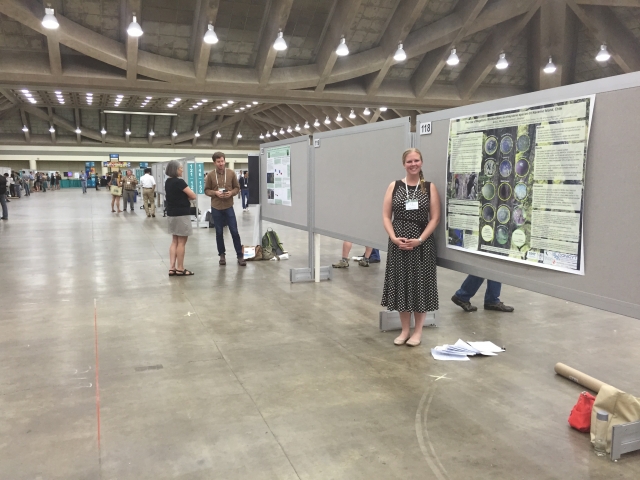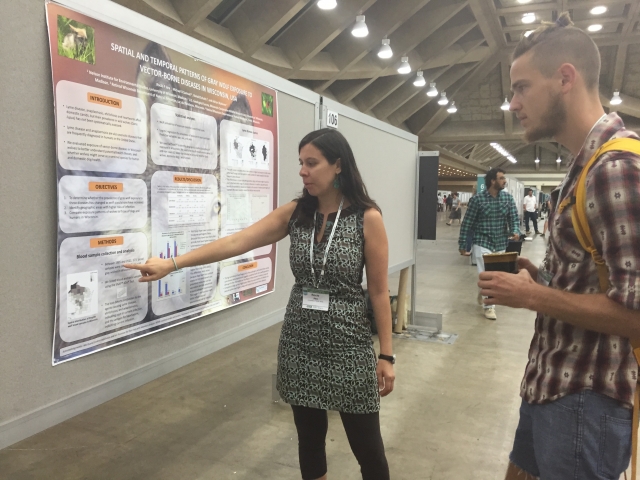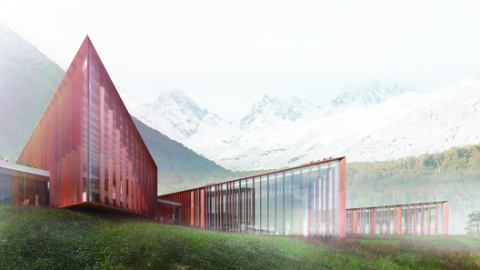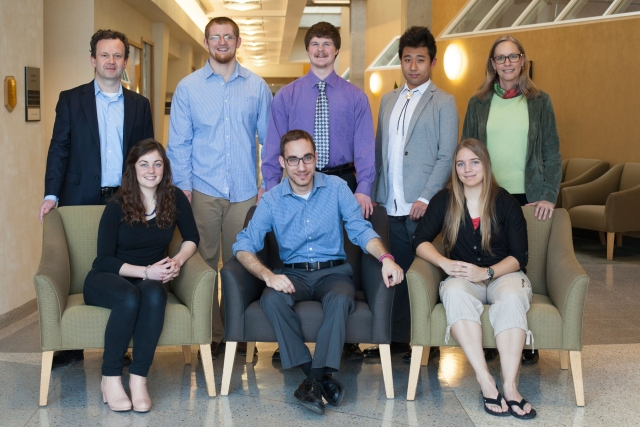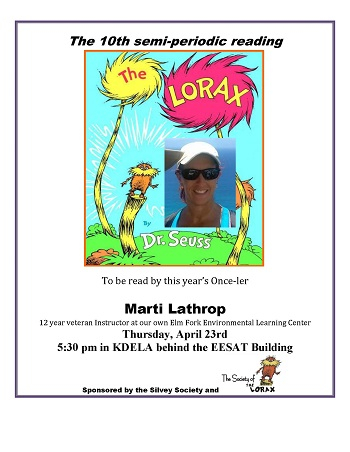Drs. Rajan Rijal (Left) and Jaime Jiménez (Bottom) also presented posters on their research conducted on CHBR.

The SBC Program worked with our partner institution in Chile, Institute of Ecology and Biodiversity (IEB) by providing workers for the ESA Latin American Chapter booth at the international conference. The two institutions have collaborated on various projects for a decade.
Dr. Ricardo Rozzi was the organizer of a Special Session at the international conference held on Tues., Aug. 11th. The Special Session, Earth Stewardship: Linking Ecology and Ethics in Theory and Practice speakers were Drs. J. Baird Callicott, F. Stuart Chapin III, Roy May Jr., Manuel Maass, Laura Ogden and Eugene Hargrove. Earth Stewardship signals a broader understanding of the expanded role of science in society. To engage science in reducing the rates of anthropogenic damage to the biosphere, the ESA launched the Earth Stewardship Initiative in 2009. This session emerged from the new Ecology and Ethics book series and elaborates a conceptual framework for continuing Earth Stewardship as an integral part of ESA's new century. Understanding and respecting biocultural diversity, with the multiple forms of land stewardship that it implies, will allow us effectively and justly to confront local and global socio-environmental challenges. The session explored stewardship across scales and disciplines, including the humanities as well as the sciences.
A new Ph.D. student in environmental science, beginning this fall, Pradeep Khanal also presented a poster on Human Wildlife Interaction and Cultural Diversity in Terai Arc Landscape, Nepal. Mr. Khanal is from Nepal and will be working with Drs. Jeff Johnson and Ricardo Rozzi during his Ph.D. studies.
The SBC Program also co-hosted the Springer Book Series book launch event of the same title as the special session on Tues. afternoon. This book was volume two in the series. Linking Ecology and Ethics for a Changing World was volume one which was released in 2013. For information on book purchases, please see http://chile.unt.edu/biocultural-conservation-editorial-line. E-books are available as well as hardback books.
For more information, please contact the Sub-Antarctic Biocultural Conservation Program, chile@unt.edu via email.


